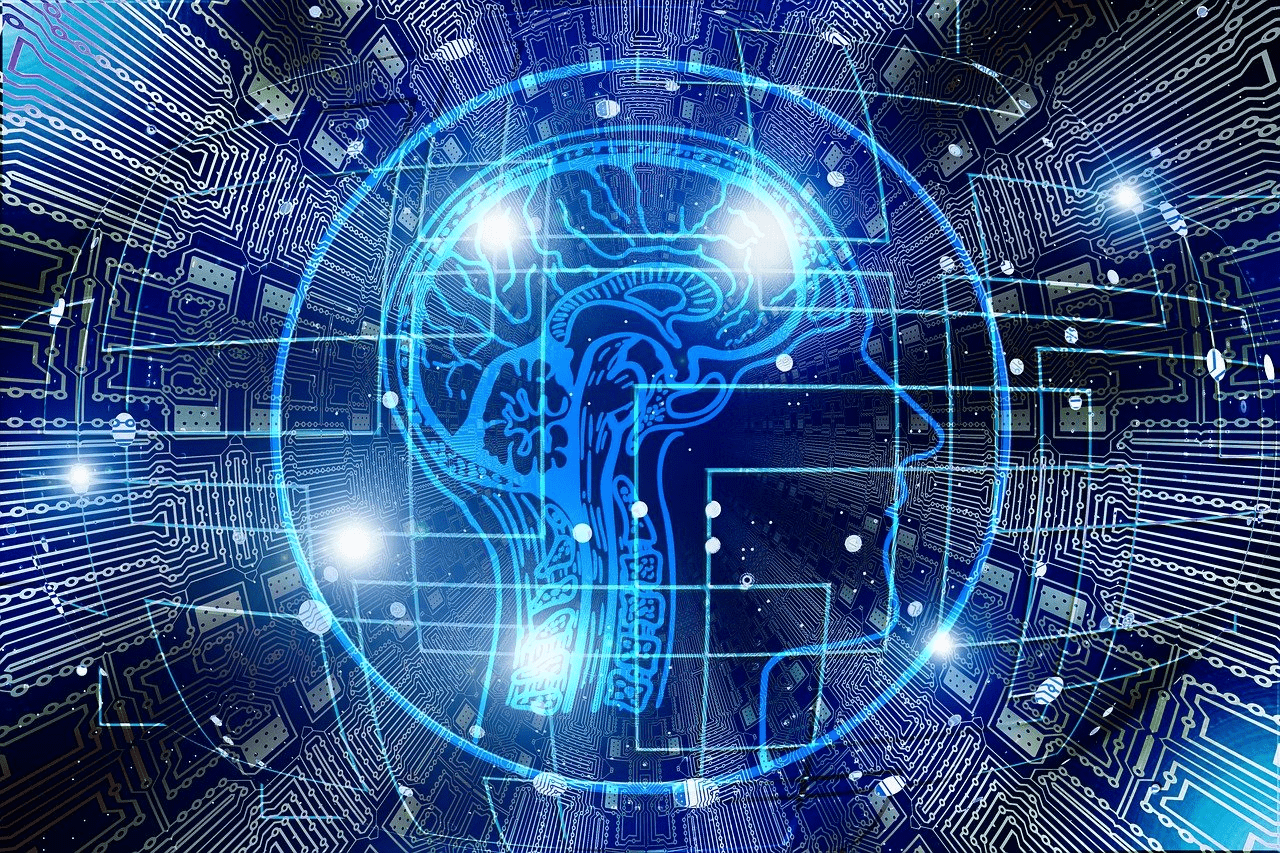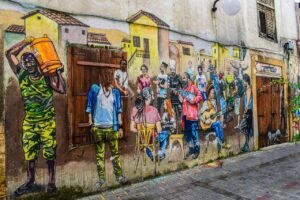AI technology is undeniably here to stay. As it continues to evolve and permeate every aspect of our lives, its impact on various fields—including religious missionary work—becomes increasingly significant. The question we face is whether AI represents a threat or an opportunity to enhance our ministries.
Since I do not have any intention of developing an AI technology that would conquer the world, I wish to leverage it as a tool for productivity and to amplify my knowledge and skills.
Here are a few ways I have integrated AI into my ministry:
Translation and Communication
Working in areas with diverse languages and dialects, AI-powered translation tools like Google Translate and Duolingo have been invaluable. These tools assists me in learning new languages and improving communication, though they are not without limitations. While they are continually improving in accuracy, they sometimes fall short in conveying the nuances of language. For instance, translating my presentation slides into Vietnamese did not fully capture the original English message. Thus, gaining a working knowledge of the language remains crucial for evaluating translation accuracy.
Content Creation and Personalization
Engaging storytelling and teaching are central to effective ministry. AI-powered writing assistants, such as ChatGPT, have been useful for brainstorming and refining ideas, making my content more cohesive and accessible. However, these tools should be seen as aids rather than replacements. AI can generate content, but it often needs more personality and depth. The best results come from combining AI’s capabilities with personal input and creativity—AI + you, rather than AI alone.
Educational Support
AI-powered educational platforms are revolutionizing how we provide education. In areas where schools and resources are limited, AI can offer access to quality learning materials and support customized lesson plans that align with local cultures. It can aid educators in personalization of content without requiring tedious preparations. While educational institutions may still be cautious about AI, its potential to enhance learning and address educational gaps is undeniable. For example, Khan Academy’s AI-powered assistant, Khanmigo, is a step toward integrating AI in education.
AI is not a substitute for the personal presence and compassionate care inherent in our work. It can automate certain tasks but cannot replace the human touch. However, when thoughtfully integrated, AI offers tools that can enhance our efficiency in ministry. It is essential to remain mindful of its potential drawbacks and evaluate our use of AI through the lens of Gospel values, asking ourselves, “Is this life-giving or death-dealing?” In essence, when used thoughtfully, AI can be a valuable and innovative tool for our ministries.
Sr Patricia Lourdes “Petite” Lao, RNDM is a religious missionary of the Congregation of Our Lady of the Missions. She is currently a doctoral candidate of the Toronto School of Theology (Regis College) with a research interest in Indigenous-visible minority dialogue and the truth and reconciliation process.





Good Job Petite, you utilize these tools for effeciency on our missionary work